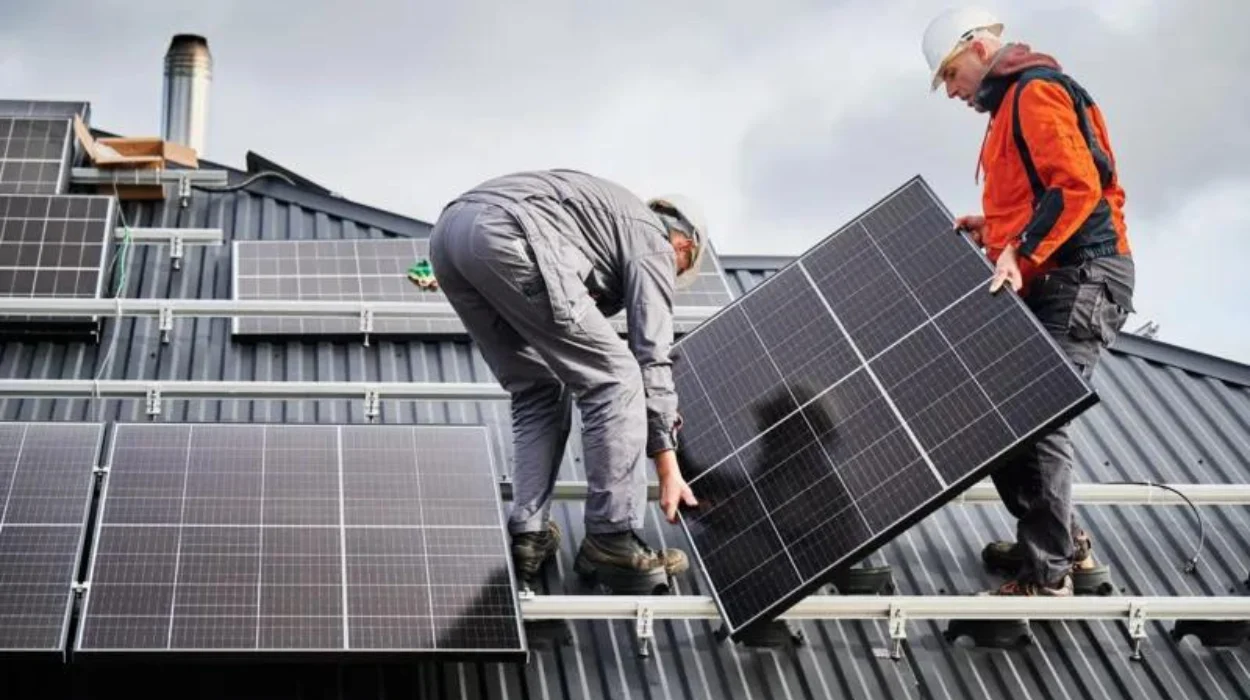Investment levels in the UK remain alarmingly low compared to other wealthy nations, and without significant improvements, economic growth appears unattainable, according to the Institute for Public Policy Research (IPPR). The think tank highlights that the UK’s total investment lags far behind that of its nearest G7 competitor, raising concerns about the country’s economic prospects.
Concerns Over Government Investment Cuts
Both the Conservative and Labour parties have indicated plans to reduce government investment during the upcoming parliamentary term. This reduction raises alarms at the IPPR, which is advocating for the next government to establish a clear industrial strategy. The think tank argues that a stable policy environment is crucial for encouraging private companies to invest in the UK economy.
Dr. George Dibb, associate director for economic policy at the IPPR, emphasizes the vital role of investment in driving economic productivity. “If the economy is an engine, then investment is its fuel,” he stated, underscoring the importance of business spending on new factories, equipment, and technologies to enhance productivity, wages, and living standards.
A Decade of Dismal Investment Levels
Data from the Organisation for Economic Co-operation and Development (OECD) reveals that the UK has had the lowest total investment levels in the G7 for 24 of the past 30 years. Currently, the UK’s investment stands at a mere 18.3% of national income, which is significantly lower than the US’s 21.2%. The IPPR argues that this lack of investment is a key factor contributing to the UK’s stagnating productivity since the 2008 financial crisis.
Dr. Dibb remarked, “Without resources flowing into new investment, it’s hard to see how UK economic performance can improve.”
The Challenge of Securing Funding
Paddy Fletcher, co-founder of the Port of Leith whisky distillery in Edinburgh, shared his struggles in securing funding for business expansion. He explained that it took ten years to raise sufficient capital for growth, highlighting a critical gap in attracting larger institutional investors. While current government tax breaks may encourage smaller investments, Fletcher believes the government must step in to facilitate larger funding opportunities.
Proposals for Increasing Investment
The IPPR has proposed several measures to stimulate investment in the UK economy:
- Committing to a Comprehensive Industrial Strategy: This strategy aims to eliminate barriers to growth, provide greater certainty for businesses, and enhance coordination across the economy.
- Ending Policy “Copy-and-Change”: The think tank criticizes the constant changes in industrial strategies since 2010, which have hindered long-term investment planning.
- Reviewing Fiscal Rules: The IPPR suggests that revisiting fiscal rules could unlock additional government investment.
Factors Contributing to Low Investment
Various factors have been identified as contributors to the UK’s low investment levels, including the uncertainties surrounding Brexit, political instability, and stringent planning regulations. Dr. Dibb noted that increased public sector investment in infrastructure is essential to encourage private sector investment.
Previous analyses from the Institute for Fiscal Studies have suggested that current government spending plans may lead to significant cuts in public investment over the coming decade. Furthermore, Dr. Dibb pointed out that the UK’s economy has become overly reliant on the services sector, which typically invests at lower rates than other sectors.
Political Party Perspectives
As the general election approaches, parties are putting forward their investment strategies:
- Labour: The party’s shadow chancellor, Rachel Reeves, hosted a meeting with major investors and proposed a £7.3 billion National Wealth Fund aimed at investing in key industries such as steel, ports, and electric vehicles.
- Conservatives: The government has already introduced tax breaks for investing companies and allocated £36 billion from the revised HS2 high-speed rail project into local transport infrastructure. They also intend to reduce EU legacy regulations that slow infrastructure development.
- Liberal Democrats: They promise a new industrial strategy to provide businesses with increased predictability and confidence.
- Reform Party: This party advocates abolishing business rates on non-domestic properties, funded by taxing large online retailers, and is considering scrapping net-zero commitments to attract oil and gas investment.
- Scottish National Party: Expected to unveil a manifesto advocating for a return to prosperity through EU ties.
Overcoming Planning Hurdles
Both Labour and Conservative parties have proposed planning reforms to unlock investment and boost the economy. Emma Pinchbeck, CEO of Energy UK, highlighted the challenges in building onshore wind farms, which are crucial for energy generation. She criticized bureaucratic planning processes that hinder timely construction of necessary infrastructure.
Zack Simons, a planning barrister at Landmark Chambers, pointed out that greenbelt laws designed to prevent urban sprawl make it difficult to develop areas that are suitable for growth.
Conclusion
With investment levels critically low, the IPPR and various stakeholders are urging immediate action to revitalize the UK economy. A coherent industrial strategy and reforms aimed at reducing bureaucratic hurdles are essential for attracting both domestic and international investment, ultimately enhancing productivity and living standards in the UK.


